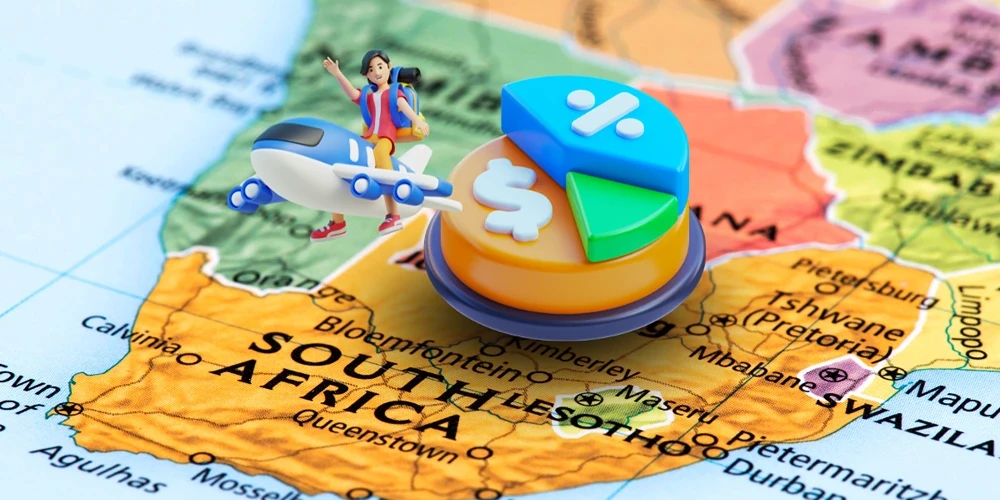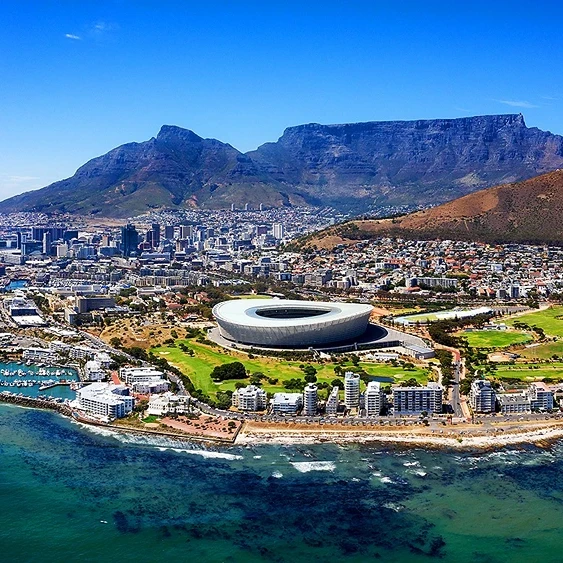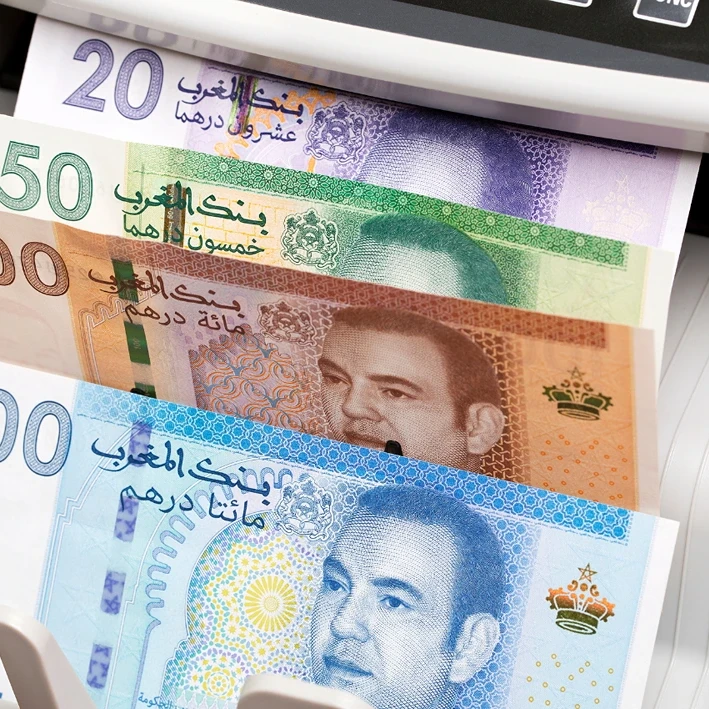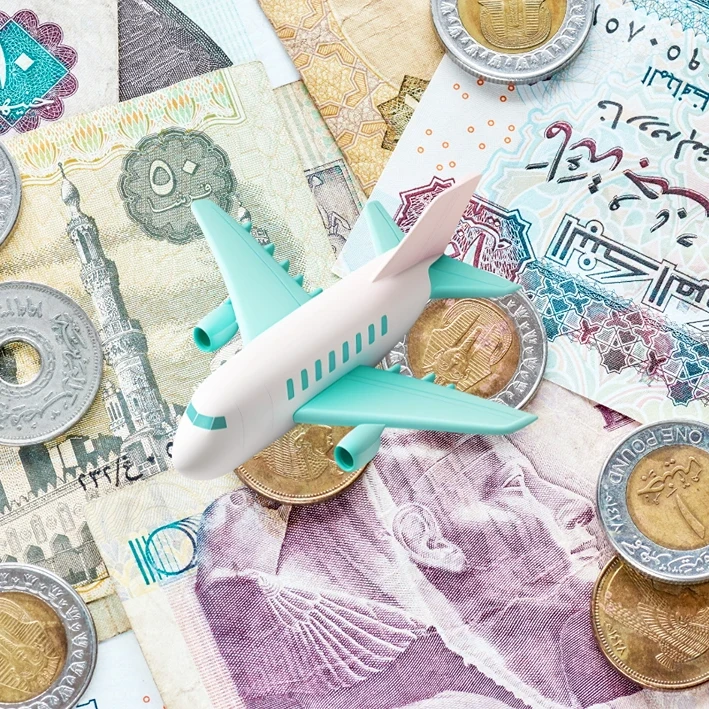Is South Africa as affordable as touted, or is it a hidden expense trap for expatriates? Exploring the practicalities of finances in South Africa, this article lays out a detailed guide on money and costs. From the Rand’s fluctuating value to living expenses in major cities, and from housing and transportation costs to budgeting and financial planning, you’ll gain comprehensive insights to comfortably manage your finances in South Africa. Read on to discover the true cost of living and ensure you’re financially prepared for your South African adventure.
Table of Contents
Understanding the South African Rand and Currency Exchange
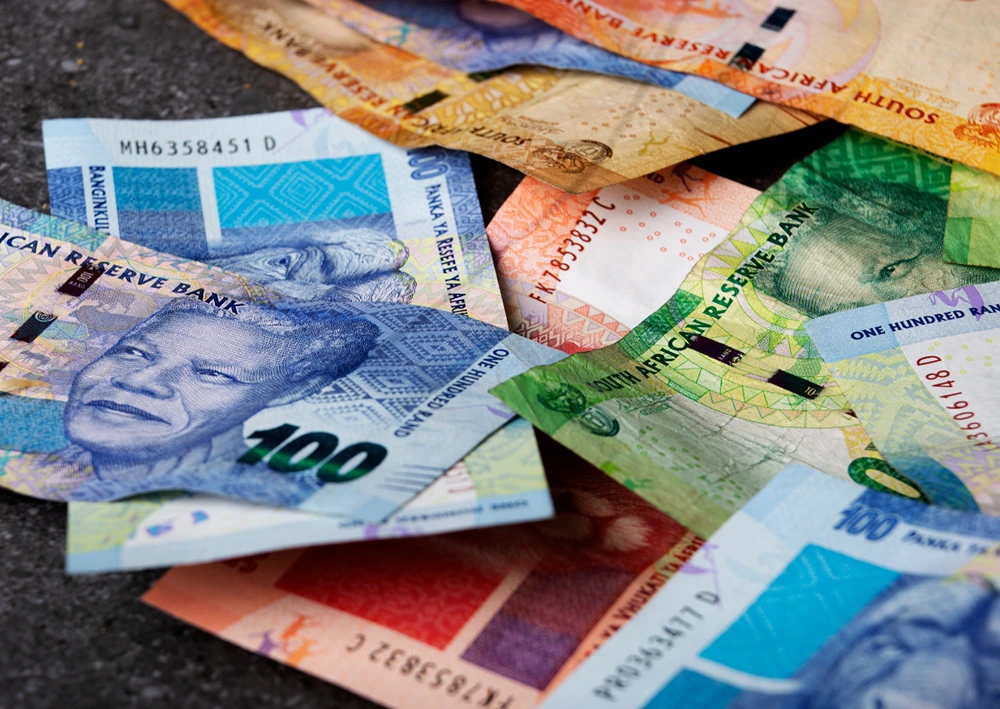
South Africa’s official currency is the Rand, abbreviated as ZAR. The value of the South African Rand fluctuates based on global financial markets. As of October 2023, the exchange rate stands at 1 USD = 18.96 ZAR. This rate can vary, so it’s advisable to check the latest exchange rates before making any currency conversions.
Exchanging currency in South Africa can be done at various locations, including banks, airports, and authorized exchange bureaus. Banks generally offer the most competitive rates, but they may charge service fees. Airports and exchange bureaus provide convenience, especially for travelers needing quick access to local currency upon arrival.
- Banks: Offer competitive rates but may include service fees.
- Airports: Convenient for immediate needs but often at less favorable rates.
- Authorized Exchange Bureaus: Located in tourist areas and shopping centers.
- Hotels: Provide exchange services but typically at higher rates.
- ATMs: Offer cash withdrawals in ZAR, usually with a foreign transaction fee.
Cost of Living in South Africa
The cost of living in South Africa varies significantly across different cities. While budgeting for your stay, it’s also worth considering the best places to visit in South Africa. From the vibrant city life of Johannesburg to the picturesque beaches of Cape Town, each destination offers unique experiences that can enrich your time in the country. For a family of four, the average monthly expense is approximately R37,302.8 (USD$1,964.3). However, in major cities like Johannesburg and Cape Town, these costs can be higher. Johannesburg, for example, has an average monthly cost of R41,316.7 (USD$2,167.92), while Cape Town’s expenses average around R38,128.3 (USD$2,000.62). These variations depend on factors such as housing, food, transportation, and utilities.
Food expenses in South Africa range from R2,000 to R4,000 (USD$104.94-$209.88) per person per month. Transportation costs can account for 10% to 16% of monthly expenses. These costs can add up quickly, especially in urban areas where commuting distances are longer and public transportation options might be less reliable.
| City | Monthly Cost |
|---|---|
| Johannesburg | R41,316.7 (USD$2,167.92) |
| Cape Town | R38,128.3 (USD$2,000.62) |
| Pretoria | R37,000.0 (USD$1,950.0) |
| Durban | R35,000.0 (USD$1,850.0) |
Food costs can vary greatly depending on whether you choose to dine out or cook at home. Dining out can be relatively affordable due to the availability of local cuisines and fresh produce. On average, a meal at an inexpensive restaurant costs around R100 (USD$5.24).
Transportation costs also vary. Public transportation, such as buses and trains, can be unreliable, leading many to opt for personal vehicles. Gasoline prices average around R17 per liter, and monthly transportation expenses can range from R3,500 to R6,000 (USD$183.64-$314.94), depending on the mode of transport and distance traveled.
Housing Costs in South Africa
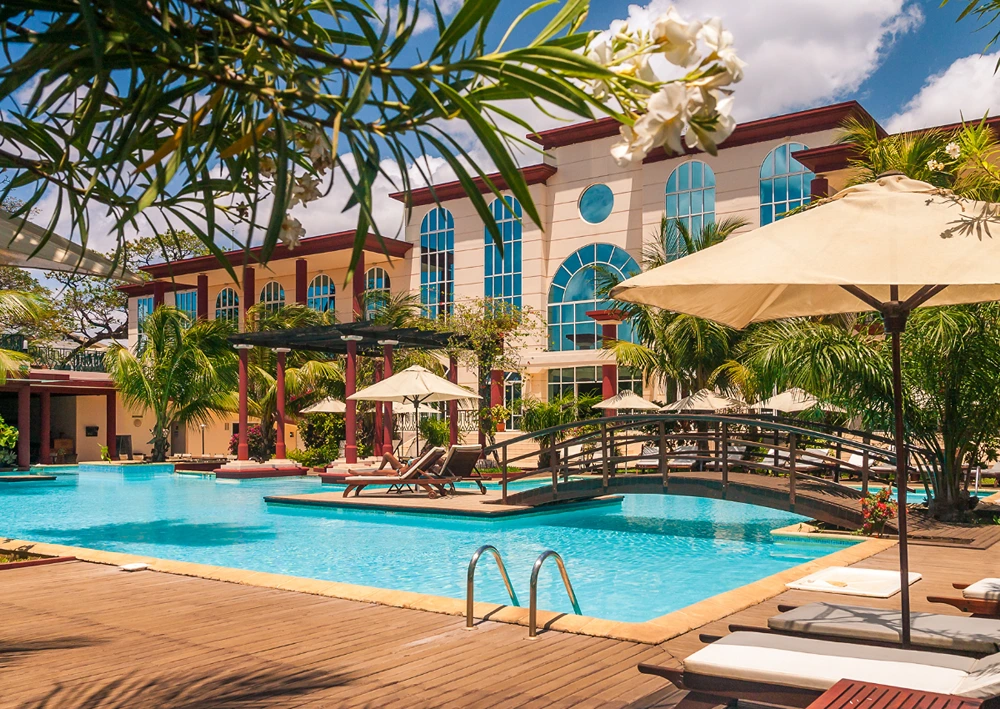
Rental prices in South Africa vary considerably depending on the city and type of accommodation. In Johannesburg, renting a three-bedroom apartment can range from R11,565.17 to R13,369.57 (USD$606.83-$701.51). Cape Town, known for its higher cost of living, has rental prices for similar apartments ranging from R15,921.88 to R25,129.03 (USD$835.43-$1,318.54). These prices reflect the demand and desirability of these urban areas.
Buying property in South Africa also presents a wide range of costs. Urban centers like Johannesburg and Cape Town generally have higher real estate prices compared to rural areas. Factors influencing these costs include location, size, and the local property market. While purchasing property, buyers need to consider additional expenses such as property taxes and home transfer fees, which can add a significant amount to the total cost.
- Property Taxes: Applicable annually and based on the property’s value.
- Home Transfer Fees: One-time fee paid during the property transfer process.
- Bond Registration Costs: Fees for registering a mortgage bond.
- Legal Fees: Costs for legal services during property transactions.
- Valuation Fees: Charges for property valuation required by banks for mortgage purposes.
The differences in housing costs between cities and urban versus rural areas are substantial. In cities like Johannesburg and Cape Town, the high demand for housing leads to elevated prices. Conversely, rural areas offer more affordable housing options but may lack some amenities and conveniences found in urban settings.
Urban areas are more likely to have better infrastructure, public services, and job opportunities, which justifies the higher cost of living. In contrast, rural areas, while more affordable, might require longer commutes and limited access to certain services. This trade-off between cost and convenience is a critical consideration for anyone looking to rent or buy property in South Africa.
Transportation Costs in South Africa
Public transportation in South Africa is generally unreliable. For a comprehensive guide on navigating the country, check out our article on getting around in South Africa. This resource provides valuable tips and insights on the best ways to travel, whether by car, bus, or train, ensuring you can move around efficiently and safely. To navigate the country more efficiently, understanding the options for getting around in South Africa is crucial. Whether you choose to rent a car, use ride-sharing services, or explore local transport options, being informed can help you plan your travels more effectively and avoid unnecessary hassles. Many urban areas lack efficient and timely public transport options, making it difficult for residents and visitors to depend solely on buses and trains. As a result, most people find it more practical to use personal vehicles or rent cars for their daily transportation needs.
Renting a car in South Africa is often recommended due to the inadequacies of public transport. For those looking to explore the country at their own pace, embarking on some of the best road trips in South Africa can be an unforgettable experience. From the scenic Garden Route to the rugged landscapes of the Wild Coast, these road trips offer a unique way to see the diverse beauty of South Africa. For those looking to explore the country, embarking on the best road trips in South Africa can be an exhilarating experience. Whether you’re driving along the scenic Garden Route or exploring the rugged landscapes of the Drakensberg Mountains, having your own vehicle offers the freedom to discover hidden gems at your own pace. Car rental costs can vary depending on the type of vehicle and rental duration. On average, renting an economy car can cost around R300 to R500 (USD$15.72-$26.20) per day. Gasoline prices fluctuate but typically average around R17 per liter. Besides rental and fuel costs, car maintenance and insurance are additional expenses to consider. Monthly transportation costs can range from 10% to 16% of total household expenses, influenced by factors such as distance traveled and vehicle type.
- Public Transport Costs: Monthly pass for buses and trains ranges from R500 to R1,000 (USD$26.20-$52.40).
- Car Rental Costs: Daily rental for an economy car ranges from R300 to R500 (USD$15.72-$26.20).
- Gasoline Prices: Average around R17 per liter.
- Car Maintenance and Insurance: Monthly costs can range from R1,500 to R3,000 (USD$78.60-$157.20).
In summary, while public transportation is available, its reliability is questionable, prompting many to opt for personal or rental cars. The overall monthly transportation costs can significantly vary based on individual choices and travel needs.
Food and Dining Costs in South Africa
Monthly food expenses in South Africa typically range from R2,000 to R4,000 (USD$104.94-$209.88) per person. This includes groceries, which can be reasonably priced, especially if you shop at local markets and supermarkets. Fresh produce, meat, and dairy products are generally affordable, making it easier to maintain a balanced diet. For example, a liter of milk costs around R15 (USD$0.79), while a loaf of bread is approximately R14 (USD$0.74).
Dining out in South Africa is also relatively affordable. Local cuisines often feature fresh ingredients and generous portions. On average, a meal at an inexpensive restaurant costs about R100 (USD$5.24), while a three-course meal for two at a mid-range restaurant can be around R600 (USD$31.44). This makes it feasible to enjoy dining out without significantly impacting your budget.
- Milk (1 liter): R15 (USD$0.79)
- Loaf of Bread (500g): R14 (USD$0.74)
- Chicken Breasts (1kg): R70 (USD$3.67)
- Meal at an Inexpensive Restaurant: R100 (USD$5.24)
To reduce food expenses, consider budgeting for meals and planning your grocery shopping. Buying in bulk, using discount coupons, and preparing meals at home can significantly lower monthly costs. Additionally, exploring local markets for fresh produce can offer both quality and savings.
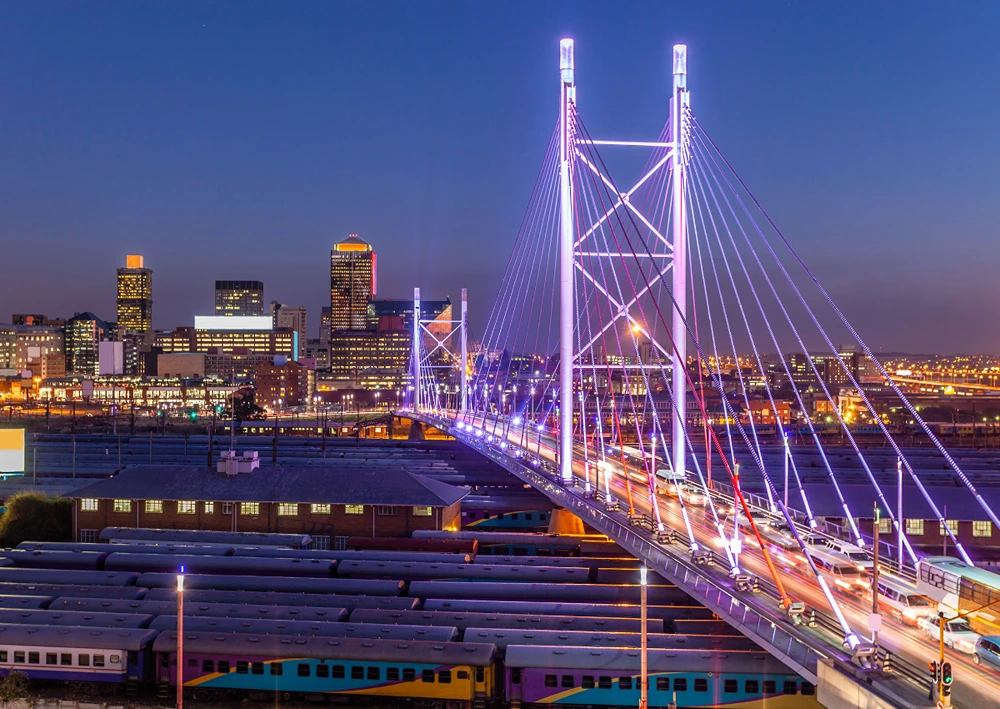
Utilities and Internet Costs in South Africa
Monthly utility costs in South Africa can vary significantly depending on location and usage. For instance, in Bloemfontein, the average monthly utility bill is R1,333.33 (USD$69.96). This typically includes electricity, water, heating, and garbage collection. In other cities, these costs might be slightly higher or lower, depending on factors such as housing type and local rates. It’s essential to budget for these expenses, as they form a significant portion of the monthly living costs.
Internet costs in South Africa average around R633.33 (USD$33.23) per month. This price generally covers a standard broadband package with decent speeds suitable for everyday use such as browsing, streaming, and remote work. However, prices can vary based on the provider and the specific plan chosen. Some areas might offer fiber-optic connections at higher rates, while others may rely on slower DSL services at lower costs.
- Use energy-efficient appliances: Reduce electricity consumption by using appliances that have high energy efficiency ratings.
- Monitor usage: Regularly check your utility meters to stay aware of your consumption patterns and adjust as needed.
- Install water-saving devices: Use low-flow showerheads and faucets to decrease water usage.
- Bundle services: Consider bundling your internet and other services to get discounts from providers.
Seasonal variations can also impact utility costs. During colder months, heating expenses can rise significantly, while summer might see increased electricity usage due to air conditioning. Water costs can fluctuate based on seasonal rainfall and local water restrictions. Being mindful of these variations can help in planning and managing monthly utility bills effectively.
Leisure and Entertainment Costs in South Africa
Leisure activities in South Africa constitute around 6% of monthly expenses. Common activities include going to the cinema, dining out, and participating in sports. For instance, a cinema ticket in Cape Town is priced at R107.00 (USD$5.61), making it an affordable option for a night out. Gym memberships are another popular leisure activity, with monthly fees averaging around R660.94 (USD$34.68). These costs can vary depending on the city and the type of facility, but they provide a general idea of what to expect.
Participating in sports activities also involves certain costs. Joining a local sports club or taking part in organized events can add to your monthly expenses. While some clubs have modest membership fees, others may require a more significant financial commitment. The cost of equipment, uniforms, and travel for away games can contribute to the overall expenditure on sports activities.
- Cinema Ticket (Cape Town): R107.00 (USD$5.61)
- Monthly Gym Membership: R660.94 (USD$34.68)
- Local Sports Club Membership: Varies, typically ranging from R300 to R1,000 (USD$15.72-$52.40) per month
- Dining Out (Inexpensive Restaurant): R100 (USD$5.24)
Budgeting for leisure activities is essential to manage overall living costs effectively. When planning your leisure time, consider exploring some of the best places to visit in South Africa. From the vibrant city life of Cape Town to the serene beauty of Kruger National Park, these destinations offer a range of activities that can fit various budgets. Consider prioritizing activities that offer the most enjoyment for the least cost. For example, outdoor activities such as hiking and visiting public parks are generally free or low-cost. Additionally, look for discounts and promotions that can help reduce the cost of more expensive activities like gym memberships and cinema tickets.
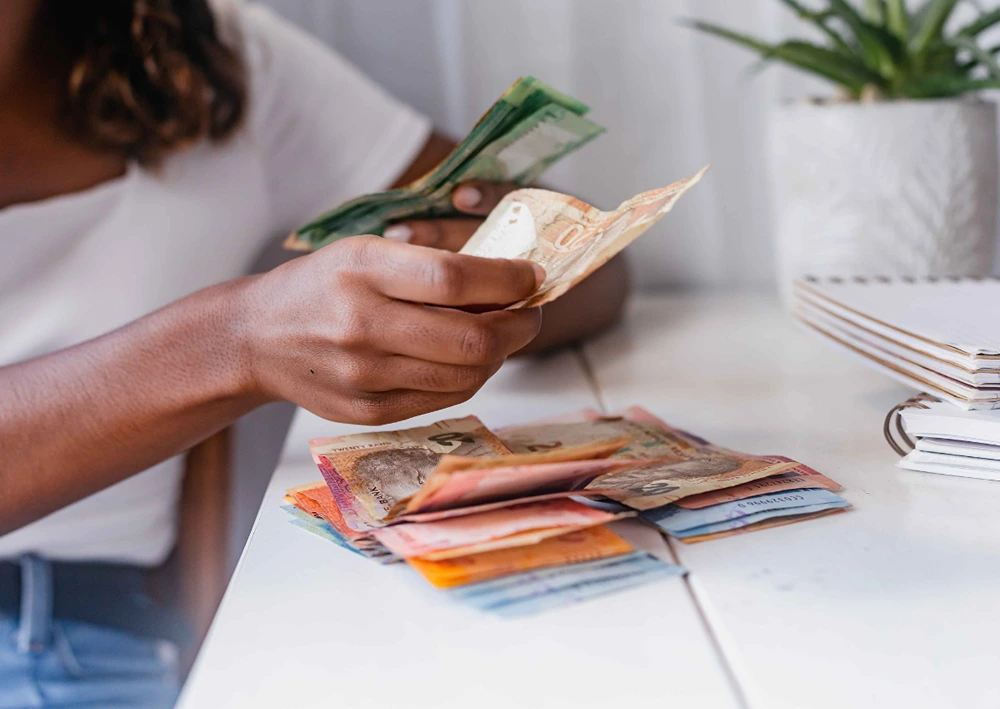
Healthcare and Insurance Costs in South Africa
Healthcare costs in South Africa vary significantly depending on the type of service and location. Private healthcare services are generally of high quality but come with a higher price tag. Routine consultations with a general practitioner can cost between R350 to R650 (USD$18.36-$34.10) per visit. Specialist consultations can range from R800 to R1,500 (USD$41.89-$78.54). Medical insurance is highly recommended to manage these expenses, with monthly premiums ranging from R1,000 to R2,500 (USD$52.47-$131.18). This insurance can cover a substantial portion of medical costs, including hospital stays, surgeries, and specialist consultations.
Public healthcare is available but often comes with long wait times and limited resources. Public hospitals and clinics provide basic medical services, but the quality and availability of care can vary. While the cost for public healthcare services is lower, the trade-off is usually longer waiting periods and potentially overcrowded facilities. For expatriates and those who can afford it, private healthcare remains the preferred option due to its efficiency and quality of care.
- Average insurance premiums: R1,000 to R2,500 (USD$52.47-$131.18) per month
- General practitioner consultation: R350 to R650 (USD$18.36-$34.10) per visit
- Specialist consultation: R800 to R1,500 (USD$41.89-$78.54) per visit
- Hospital stay (per day): R2,500 to R5,000 (USD$131.18-$262.36)
Public healthcare services are significantly cheaper but often come with long wait times. A visit to a public hospital may cost as little as R50 (USD$2.62), but the quality of care can be inconsistent. Given these factors, it is advisable to have medical insurance to cover private healthcare expenses, ensuring access to timely and quality medical services.
Education Costs in South Africa
School fees in South Africa can range significantly depending on the institution and level of education. On average, annual school fees span from R30,000 to R60,000 (USD$1,574-$3,148). These fees generally cover tuition, but additional costs for uniforms, transportation, and extracurricular activities can add to the overall expense. Private schools often charge higher fees compared to public schools, offering more facilities and a broader range of extracurricular activities.
University tuition in South Africa also varies widely based on the program and institution. The average annual tuition fee for undergraduate programs is around R50,000 (USD$2,622). Courses in specialized fields such as medicine or engineering may have higher tuition fees. Besides tuition, students must consider other expenses, including accommodation, textbooks, and supplies, which can significantly impact the total cost of higher education.
- Books and Supplies: Can add up to R10,000 (USD$524) per year.
- Uniforms: Required for many schools, averaging R3,000 (USD$157) annually.
- Extracurricular Activities: Fees for sports, music, and clubs range from R1,000 to R5,000 (USD$52-$262) per year.
- Transportation: Costs depend on distance and mode, averaging R5,000 (USD$262) annually.
Budgeting for education involves planning for these additional costs. Families should consider setting aside funds for books, supplies, and extracurricular activities to ensure a comprehensive educational experience. Scholarships, bursaries, and financial aid options are also available to help mitigate some of these expenses, making education more accessible for many families.
Budgeting and Financial Planning for South Africa
Effective budgeting is crucial for managing living costs in South Africa. By planning your expenses and monitoring your spending habits, you can significantly reduce your overall living costs. Key areas to focus on include housing, food, transportation, and utilities. Allocating funds prudently to these essential categories ensures that you’re making the most of your income and maintaining financial stability.
Budgeting is particularly important for expatriates, who may face additional costs such as healthcare, education, and travel. Understanding the local cost of living and adjusting your financial plans accordingly can help avoid unexpected expenses. Planning meals, using alternative energy sources, and working from home are practical steps to keep your expenditures in check.
- Plan meals: Create weekly meal plans to avoid buying unnecessary groceries.
- Use alternative energy sources: Invest in solar panels or energy-efficient appliances to cut down on utility bills.
- Work from home: Save on commuting and transportation costs by working remotely.
- Develop a side hustle: Generate additional income through freelance work or a small business.
- Use cashback apps: Take advantage of cashback offers and discounts to save on everyday purchases.
Financial planning goes hand-in-hand with budgeting. Establishing clear financial goals and developing a strategy to achieve them can provide a roadmap for your future. This might include saving for emergencies, investing in retirement funds, or planning for large expenses such as buying a home or funding education.
Income supplementation strategies can further bolster your financial stability. Developing a side hustle, like freelance work or a small business, can provide additional revenue streams. Utilizing cashback apps and loyalty programs can also offer savings on regular expenses, helping to stretch your budget further.
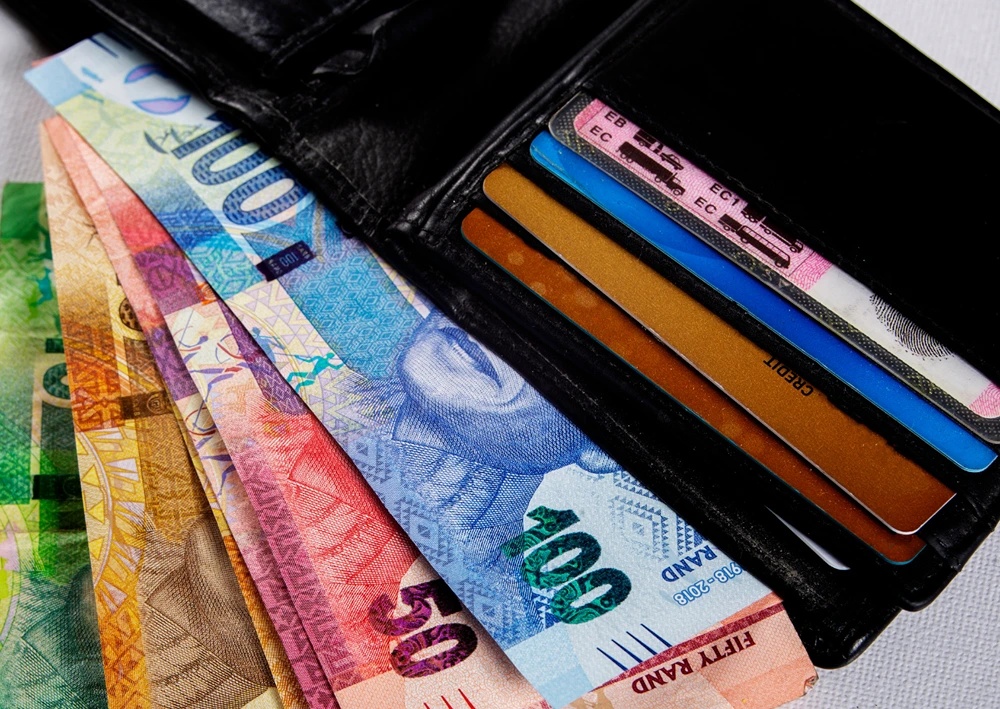
Final Words
Navigating the money and costs for South Africa involves understanding the Rand, keeping an eye on exchange rates, and knowing where to exchange money. Comprehending the cost of living, from monthly expenses to transportation and food, helps in making informed financial decisions.
Housing and utility expenses, along with healthcare and education costs, require careful planning. Budgeting and financial strategies are essential for managing expenses effectively.
By staying informed and prepared, expatriates can enjoy a comfortable lifestyle in South Africa. Making smart financial choices will ensure a successful and enriching experience.
FAQ
How much should I budget for a trip to South Africa?
What money should I take to South Africa?
How much money do I need for South Africa?
How much does food and drink cost in South Africa?
Hazel Wall is a passionate traveler, writer, and explorer dedicated to sharing her experiences and insights with fellow adventurers. With a background in journalism and a deep love for discovering new cultures, Hazel has journeyed across continents, immersing herself in diverse landscapes and traditions.


